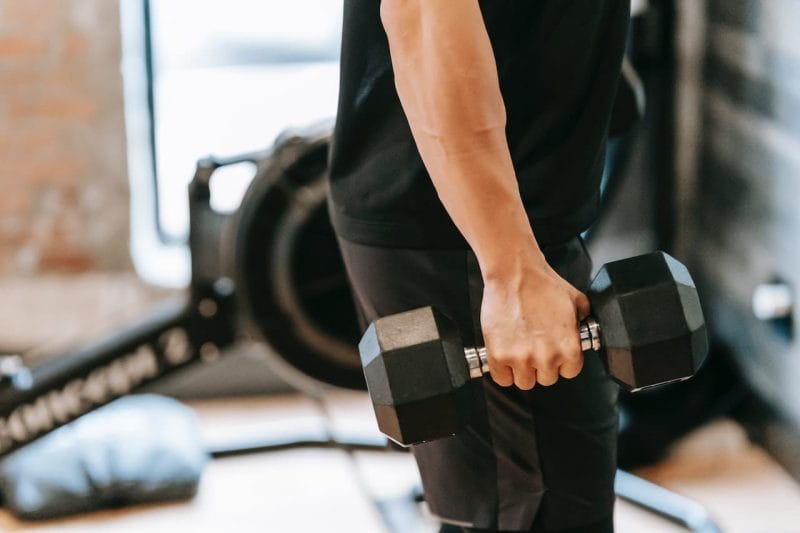Weighing yourself is a common way to track weight loss or gauge progress, but how often should you weigh? The answer like most things is it depends. The best time to weigh is in the morning, after using the restroom, and before eating or drinking anything.
Weighing yourself every day is a great way to track your weight loss or gain progress, but it’s essential to know that the number on the scale doesn’t tell the whole story. Your weight can fluctuate due to water weight, muscle mass, and body fat mass. To get a more accurate picture of your body composition, it’s essential to measure your body fat percentage, muscle mass, and body fat mass using tools like the Inbody machine.
The Inbody machine provides a comprehensive analysis of your body composition by measuring body fat percentage, muscle mass, and body fat mass. Body fat percentage is the percentage of your body weight that is composed of fat, and it’s a crucial indicator of your overall health. A healthy body fat percentage for men is typically between 10-20%, while for women, it’s between 20-30%.
Muscle mass, on the other hand, is the amount of muscle you have in your body. Having a higher muscle mass is associated with better health outcomes, such as improved metabolic function, increased strength, and better physical performance. Muscle mass is also essential for weight loss because the more muscle you have, the more calories you burn at rest. (we’ll talk more about this concept in the coming weeks)
Body fat mass is the amount of fat you have in your body, and it’s an essential factor to consider when tracking your weight loss or gain progress. If your goal is to lose weight, you want to lose body fat mass while maintaining or increasing your muscle mass. Conversely, if your goal is to gain weight, you want to gain muscle mass while minimizing increases in body fat mass.
By measuring your body fat percentage, muscle mass, and body fat mass using tools like the Inbody machine, you can get a more accurate picture of your body composition and track your progress more effectively. This is especially important if you’re trying to lose weight, gain muscle, or maintain a healthy weight. By focusing on reducing body fat mass while maintaining or increasing muscle mass, you can achieve your health and fitness goals and improve your overall health.
The ideal frequency for Inbody measurements is weekly or bi-weekly, as more data points allow for more accurate trend determination and faster adjustments if needed. Additionally, it enables more precise measurement of specific tissues within the body.
However, it’s essential to consider your mental health when it comes to weighing and measuring progress. The scale and Inbody are tools that provide measurements, much like a ruler tells us how tall we are or how long our feet are. They don’t assign value or worth to an individual. Still, the emotional response to seeing these measurements can be overwhelming for some people, whether good or bad. Generally speaking, we take an Inbody measurement with Nutrition and Personal Training clients every 2 weeks to balance the mental/physical/accuracy equation.
If you have an overly emotional response to seeing your weight or body composition measurements, it’s best to skip daily weigh-ins and Inbody scans. Instead, Inbody measurements can be taken every other week, but the printout can be covered with paper, and your coach can pick it up to avoid seeing it. Your coach needs to know how you’re progressing to make adjustments to your plan. It also provides the coach with the information needed to keep you accountable to yourself and your goals.
Other indicators of health and fitness progress such as workout attendance, effort, performance improvements, and consistency can be measured as well. These things drive weight change in the long run, so it’s best to focus on them and let the results develop over time.
In summary, weighing yourself daily can be useful to track progress accurately, but it’s crucial to consider your emotional response. Inbody measurements are an excellent tool for measuring body composition, but it’s best to use them in moderation and with the guidance of a coach. Ultimately, focusing on healthy habits, consistent workouts, and fitness improvements will drive weight and muscle change in the long run.
Want to chat with a coach? Click here to schedule a free no sweat intro consultation.


